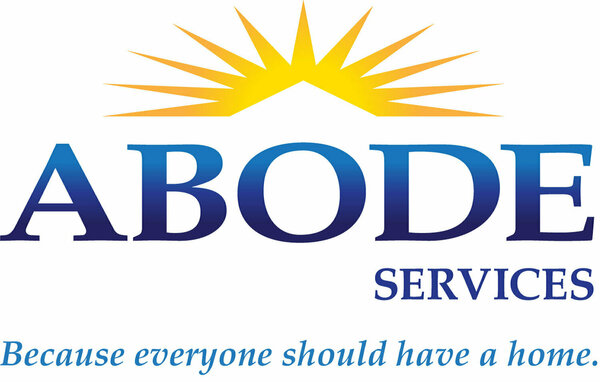Meet our newest LEO partners! We’re thrilled to announce that we have accepted seven innovative organizations into our next cohort.
By the numbers

7 organizations
10 states
Thousands of lives impacted each year
What does it mean to break the cycle of poverty? Poverty is complex and multifaceted, so while there’s no nice and neat answer, there is space for many solutions. Our partners are occupying these spaces, fiercely fightly to break these many cycles in the system of poverty and help their communities.
Join us in welcoming the newest LEO partners prepping to build evidence around the ways they are breaking the cycles that create and perpetuate poverty.
Catholic Charities West Virginia is breaking the cycle of hospital readmissions for low-income adults, especially those with chronic diseases, who are particularly vulnerable to readmittance for non-medical, life reasons that could be prevented with the proper support. Catholic Charities is studying the impact of their Hospital Transition Program, which provides critical care and support to patients in the 90 days after hospital discharge. A social worker develops relationships with the patients and works with them upon discharge to manage their health care, communicate effectively with their physicians, and connect to other community resources.
CSH Ohio is breaking the cycle of housing instability and recidivism for people leaving the criminal justice system. CSH Ohio provides permanent supportive housing to medium-high risk individuals who have behavioral health needs and are exiting the state prison. The goal of the program is to create housing stability for these individuals while also providing them with the support they need to flourish in society.

Abode is breaking the cycle of housing instability. They are experimenting with the idea of providing direct cash transfers to clients while they are in Rapid Re-Housing (RRH), particularly as the housing subsidy tapers off. Existing research shows that RRH provides temporary housing stability, but that it doesn’t last. Participants often fall back into homelessness because they don’t have the resources to maintain their housing when the next shock comes. Abode’s goal is to improve long-term housing stability by providing extra support and stabilization resources.
Corner to Corner is empowering Black female entrepreneurs by giving them the tools they need to plan, launch, and grow their own small business. Their work aims to directly address the racial wealth gap in Nashville that has kept many Black families disproportionately in poverty. They are breaking the cycle of economic disparity while creating a culture of business ownership. Entrepreneurs participate in a 10 week course called The Academy where they learn alongside peers and community leaders. Graduates also have access to ongoing programming support through Academy Amplified.
Friends of the Children is breaking the cycle of generational poverty and child welfare involvement with an innovative 2Gen approach to supporting youth and their caregivers. Friends of the Children works with vulnerable children (ages 4-6) and pairs them with a professional mentor who stays with them through high school graduation. These children are often involved or at risk of involvement with the child welfare system. Friends of the Children realized that supporting the caregiver is a critical component of supporting the child. They developed their 2Gen model to intentionally wrap around the family to prevent engagement with child welfare and increase stability.
Jiseki is breaking the cycle of poverty by using text-based technology to connect low-income individuals and families to resources in their local community. Their belief is that the resources exist, but navigating the system is complicated and can be a barrier to actually getting help. Their technology provides a one-stop-shop for people trying to get help with a variety of needs such as documentation, finding a job, or meeting with a primary care provider.

Thread is breaking the cycle of low graduation rates in Baltimore by supporting high school students for 10 years starting their freshman year. Targeting freshmen in the bottom 25% of their class academically, Thread weaves a new social fabric by connecting students with an extended family of volunteers from the community. Each student is matched with a group of up to five volunteers who do anything from packing lunches, tutoring, providing rides, and connecting with other resources in the community. Thread’s goal is to help kids graduate from high school and continue on a path to self-sufficiency.
Stay tuned! These organizations began working on their research design at the end of April and will be launching their studies later this year.
Join our mailing list for LEO news and events delivered right to your inbox.